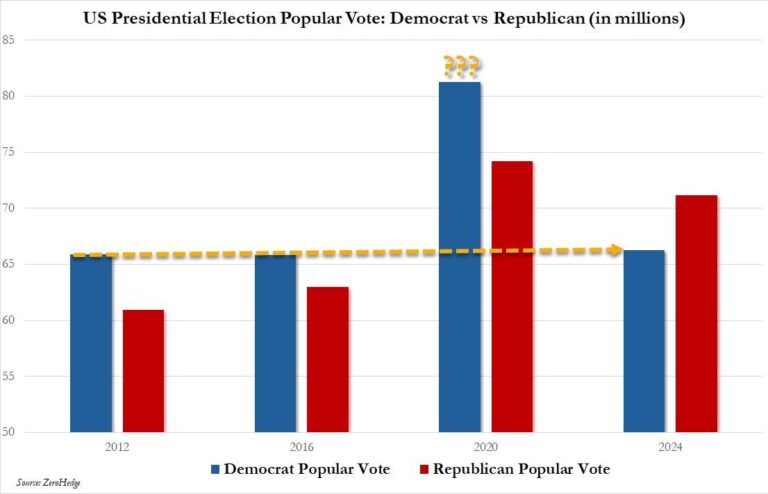I think writing is hard. I was a chemistry major not an English major. And the niche I made for myself (or maybe a ditch I dug for myself) in the blogging world commenting on the latest in biotechnology from a Catholic perspective is not an easy one. My ditch is frequently flooded with sewage. I made my bed. There are days I hate lying in it. (It maybe that I am particularly frazzled right now because of the end-of-the-school year frenzy that happens every June. All you parents know exactly what I am talking about. It is a yearly occurrence, but somehow I am always caught unprepared.)
There are things that readers can do to make writing more of a pleasant experience for me. I am sure other writers feel the same. Here are four favors that readers can do that would make blogging a little less frustrating.
1. Please don’t just read the headlines.
This goes for all articles I think, but especially ones about such complex issues such as Church teaching on biotechnology. There are a lot of subtleties that I spend many hours trying to convey properly. Those cannot be expressed in an eye-catching headline. I realize that many of us do not have time to read everything, but do not think that if you just read headlines you are informed.
2. Please don’t comment on a piece you haven’t read all the way through.
Nothing infuriates me more than comments from readers who clearly did not bother to read the piece. Sometimes the comments from readers that only read the headline are so misleading and damaging (and then those get tweeted and shared all over the place to other headline-only readers) that I feel sometimes it may have been better to not write the piece at all.
3. Realize that sometimes I do not have editorial control.
Many times my posts are reprinted at various other sites. When that happens, I have almost no control over the headline or the images used. (Yet another reason for #1.) If you are reading a piece written by a writer that is not at their own blog, they might not have any control over the headline you find misleading or the picture that you find inappropriate. I cannot count how many times I have gotten angry e-mails demanding I change something on a website for which I have no access.
4. Please distinguish news from commentary.
With the advent of the Blogosphere, the line between news and commentary has been blurred. I am not a journalist. I do not spend hours following leads and fact-checking. There are people that are paid to do that. I am not one of them. I comment on the hard work of reporters. I take the facts they have uncovered and put them in context of a larger ethical picture. I have, on more than one occasion, been quoted as a news source when the piece quoted was clearly categorized as commentary. Truth-in-advertising has always been important to me. I find it discouraging when my words are misrepresented as something they were never intended to be.
Now do not think I do not appreciate those who are willing to slog through one of my pieces. I am always thankful for those readers who truly understand the gravity of the Brave New World we live in. You are few and far between, believe me, and I celebrate you!
Rebecca Taylor blogs at Mary Meets Dolly


